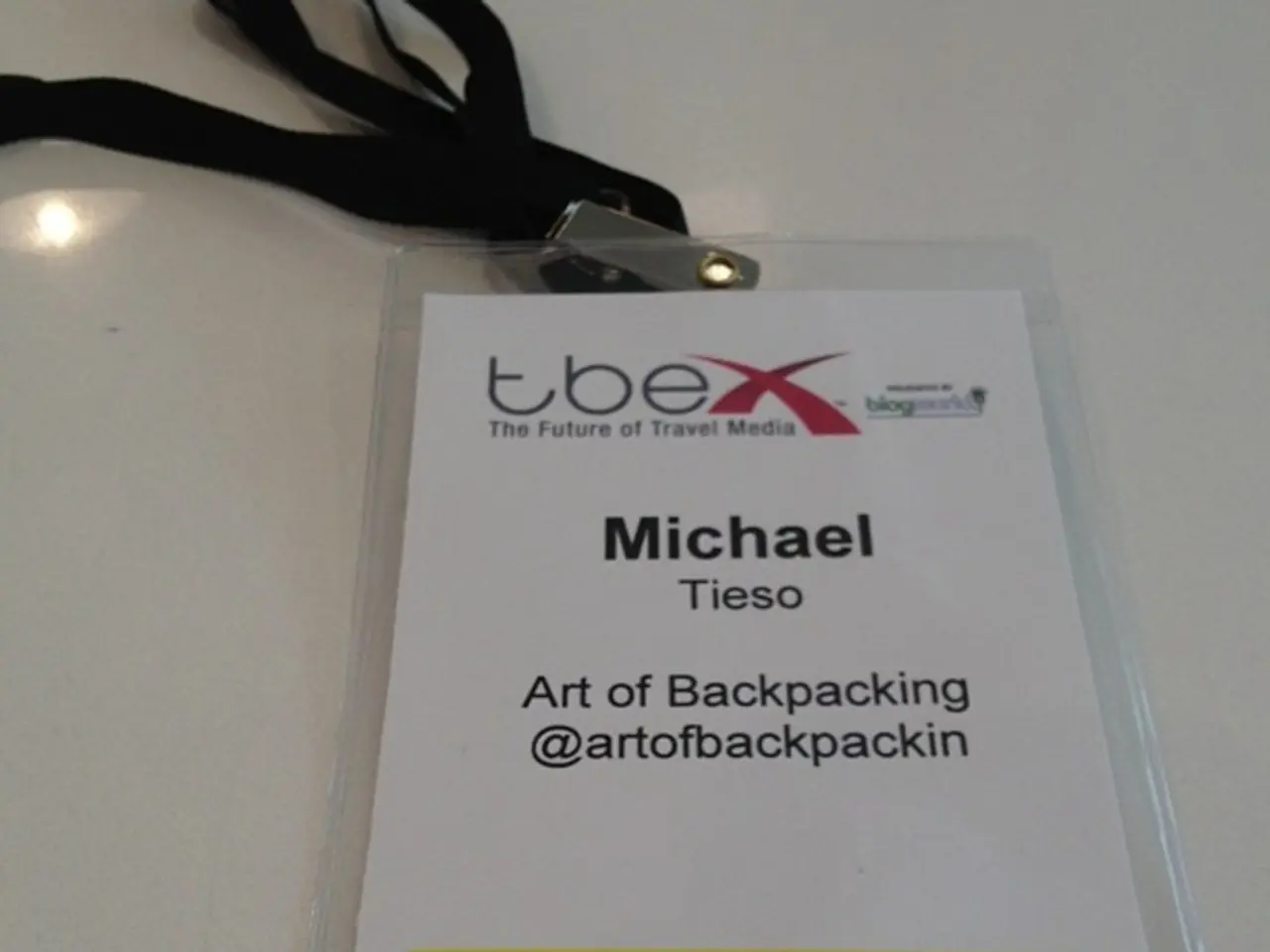Freelancers in EU: Managing Borders, Red Tape, and Enterprise while Operating Remotely
In today's interconnected world, freelancing across European borders has become a growing reality. However, this reality comes with its own set of challenges.
For non-EU freelancers, the Schengen rule poses a significant hurdle. The rule limits them to 90 days in any 180 days, unless they meet strict exemptions. Overstaying can result in fines, bans, or even deportation.
Crossing borders as a freelancer involves navigating a complex web of local rules, VAT considerations, contracts, taxation, and income validation. Engaging local expertise, especially for tax, social security, and visa guidance, is recommended.
Many EU nations still rely heavily on in-person processes for account opening, and some restrict access to non-residents. This prompts freelancers to rely on digital banks or fintech platforms. An accountant familiar with EU social law is often essential to navigate the unique scenarios of social security.
The EU has a patchwork of tax regimes, with tax rules remaining largely national. Freelancers may need to register for VAT if their earnings cross certain thresholds. The Mini One Stop Shop (MOSS) simplifies VAT reporting for digital services, but demands careful study or a trusted accountant to avoid risks of double taxation or non-compliance.
Services like Wise or Revolut offer multi-currency accounts with favorable rates, making it easier to juggle multiple currencies, with several EU member states still using their currency.
Building a cross-border client base requires localized marketing, tailored proposals in multiple languages, flexible invoicing in local currencies, and awareness of country-specific contracting norms.
Freelancers need to consider health and social security when working remotely across EU borders. Rules hinge on EU coordination and the principle of "export" of social security. Freelancers can use digital domicile services or e-Residency to anchor their business in a stable jurisdiction.
Cultural nuances, such as punctuality, email tone, and expectations around availability, play a surprising role in client relationships. Freelancers who adapt their communication style can build trust faster than those who assume a one-size-fits-all approach.
Visa and residency regulations remain critical variables. Some EU countries offer "digital nomad" or self-employed visas, but eligibility criteria vary widely and application processing times can be lengthy. Countries like Estonia and Portugal have introduced such visas, with Portugal offering the D8 visa targeting remote workers and the self-employed, requiring an income of about four times the Portuguese minimum wage (~€3,040/month) as a critical admission criterion.
A digital ID and virtual company through Estonia's e-Residency program can simplify banking, invoicing, and legal presence for freelancers. Freelancers may create check stubs as part of their financial documentation to provide proof of income for various purposes like securing visas, permits, and coworking memberships.
In conclusion, technological advancements are unshackling professionals from traditional offices, enabling them to explore ways to live and work across EU countries or beyond without compromising their businesses. However, it is crucial to respect cultural and administrative norms from contracts to communication in each market you serve.
Read also:
- Understanding Hemorrhagic Gastroenteritis: Key Facts
- Stopping Osteoporosis Treatment: Timeline Considerations
- Trump's Policies: Tariffs, AI, Surveillance, and Possible Martial Law
- Expanded Community Health Involvement by CK Birla Hospitals, Jaipur, Maintained Through Consistent Outreach Programs Across Rajasthan




